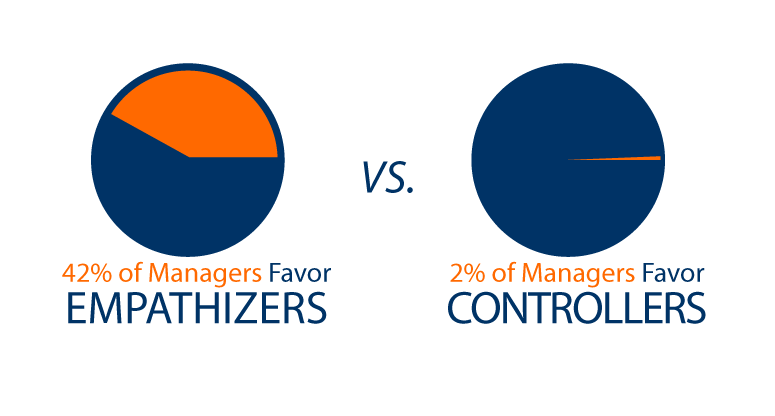
Agents Step in Where Self-service Leaves Off
Normally, I don’t associate the term “kick-ass” with the Harvard Business Review (HBR). At first glance, the two seem incongruous. But the more I read the piece, “Kick-Ass Customer Service,” the better sense it all makes.
The HBR study researches where simple self-service ends and hands-on customer service begins. It focuses on how companies—investing headlong in cost-saving, self-service technology—find themselves wanting for savvy agents to handle complicated service issues.
A la: “Please hold for a representative.”
Businesses Still Need “Talented Reps”
And guess what? “In a world of self-service, talented reps matter more than ever,” reports HBR earlier this year.
Ah, but there’s a problem. While many companies are investing in DIY IT, they are underspending to educate reps about customer issues. The result: More pressure. Less presence.
Against this backdrop, service stakes escalate. As consumer expectations amp up, resolving more complex issues takes more competent, experienced service agents.
For instance, deciphering healthcare billing issues, booking flights with far-flung reservations systems—or even dealing with everyday retail matters.
HBR states: “One service leader at a larger retailer admitted to us, ‘Our people are woefully ill-equipped to handle today’s customers and their issues. We’re not running a contact center here. It’s more like a factory of sadness.’”
Profiles of Service Rep Types
In its worldwide study, HBR surveyed 1,440 service reps across different industries. The findings grouped reps by percentage into seven distinct types, based on their characteristics.
The types were ranked #1 through #7 for their abilities to deliver the most efficient service. They are:
Source: https://hbr.org
Comparing Empathizers to Controllers
As part of its study, HBR found that management has agent preferences. It turns out that 42% of managers favor Empathizers, who like to listen and help people. Not surprisingly, they comprised the majority, or 32%, of the service reps studied.
The kicker, however, is that “outspoken and opinionated” Controllers—based on performance and quality metrics—bested the other six rep types for problem-solving customer issues. “Yet service managers like this profile least: Only 2% said they would hire Controllers ahead of other types.”
Why? Because managers believe Controllers, who also can be “quite empathetic,” would be too hard to, well, control. Being from Brooklyn, where tough is tender, I like to think of them as having take-charge skills, buffered by a softer service edge.
Understanding Customer Needs, Frustrations
Truth is, depending on the client and its customers, a contact center operation needs different types of agents, #1 through #7—Rocks, Hard Workers, Innovators and more. And sometimes, the best rep can be a blend of personalities and talents. Tough and tender. Industrious and inventive.
For a stranded traveler, an Empathizer/Controller combination might be the perfect agent. A caring, yet commanding, service rep with the expertise to navigate complex airline systems to ensure a reservation.
Regardless of what managers think about Controllers, HBR concludes: “They do understand customers’ needs and frustrations. But they respond in a distinctive way. They recognize that after toiling away online trying to self-serve, customers don’t want an apology—they want a solution.”
For exasperated travelers, forget the self-service prompts. A rep is on the line. “This is Louise. How can I help you?”
-
Related Posts
-
10 Essential Steps to Scaling Retail Customer Service…
06/18/2024 Gail Rigler -
10 Women in Customer Experience (CX) to Follow…
03/28/2024 Gail Rigler -
The Trust Factor: Why Live Agents Still Matter…
10/06/2023 Gail Rigler
-
-
Recent Posts
-
The Authenticity Advantage: The Role of Customer Service…
07/14/2025 Edgar Hernandez -
The Future of Customer Service: Top Trends to…
06/02/2025 Gary Ash -
How to Implement 2025 Customer Service Trends
12/03/2024 Tracey Sloan
-
-
Ws News
-
Working Solutions Named Customer Contact Week’s BPO of…
06/11/2025 Springfield Lewis -
Working Solutions Deepens Its Commitment to Exponential Growth
05/29/2025 Springfield Lewis -
Working Solutions, An Advocate for Great CX, Places…
05/20/2025 Ronnie Myers
-






